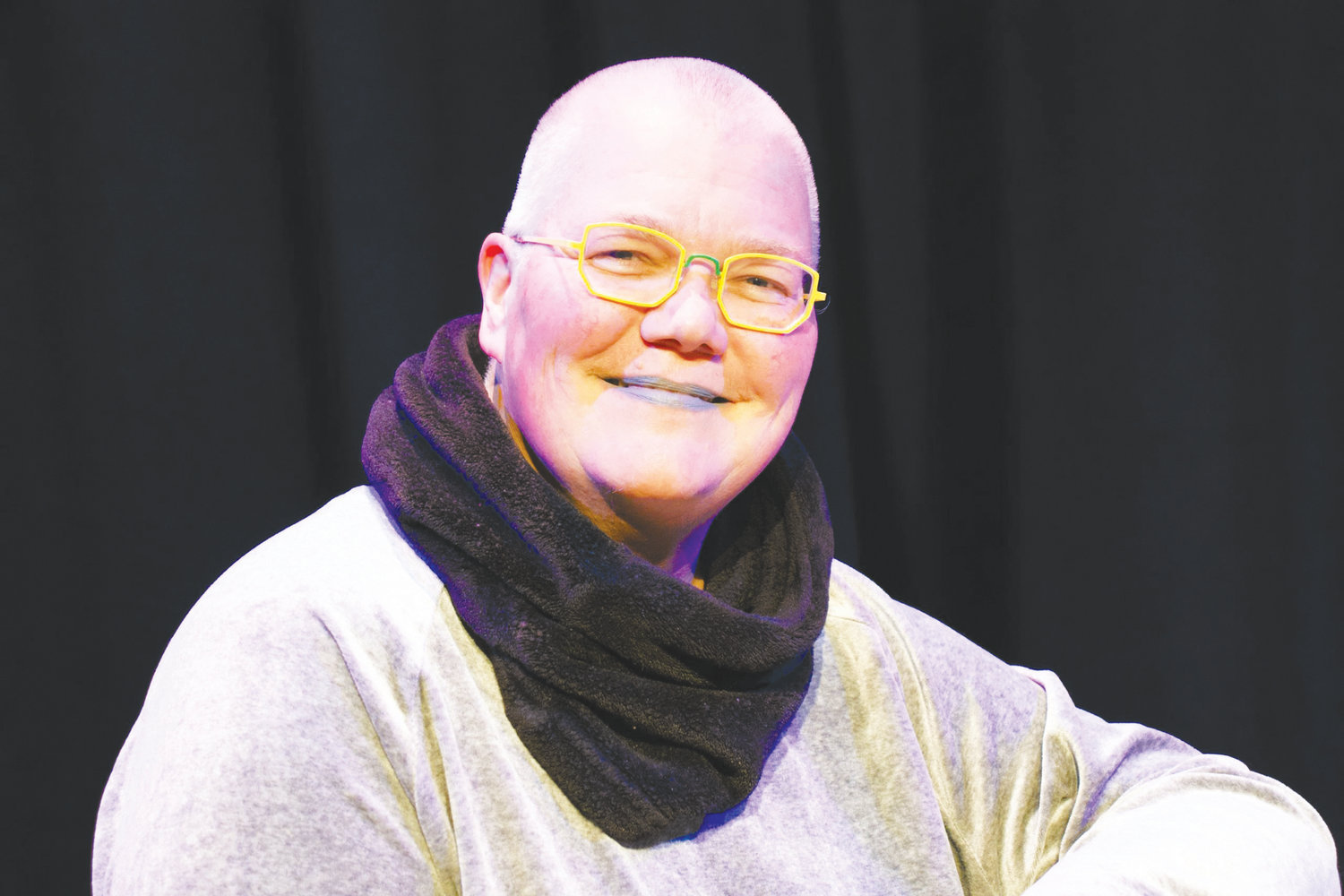
Petra Kuppers, BEI Fellow, and author of new book of poetry “Gut Botany” was recently interviewed and written about for The Leader. You can read a copy of the article below, or read the original here.
‘Gut Botany’ presents poetry as avenue to exploring one’s own body and inner strengths
While Goddard College’s other local programs have been canceled or postponed, disability culture activist and community performance artist Petra Kuppers will still bring her “Gut Botany” poetry reading and participatory performance to local audiences on Saturday, March 21, albeit remotely instead of in-person as was originally planned.
Kuppers teaches on the Master of Fine Arts in Interdisciplinary Arts Program at Goddard College, and is the author of the poetry collection “PearlStitch,” the “queer/crip” speculative story collection “Ice Bar,” and multiple academic books.
“Gut Botany” not only shares Kuppers’ poetry, but presents it “using a perfect cocktail of surrealist and situationist techniques,” which invite her audiences to navigate their own bodies, just as she’s done hers, “through the peaks and pitfalls of pain, survival, sensual joy and healing.”
Between her history as a sexual assault survivor and the mobility issues that require her to use a scooter, Kuppers described herself as dealing with pain and fatigue all her life, but she wants her audiences to find the healing she has by learning about disability culture.
“I want them to connect with the moment, when what they feel in their bodies, their bones and their blood are the mechanisms of survival,” Kuppers said. “On the cover of my ‘Gut Botany’ book of collected poems, there’s this ancient sturgeon, a massive, crunchy fish that lives in deep lakes and has survived so much.”
Kuppers chuckled as she admitted to her affinity for “ugly creatures with survival skills,” but she sees a serious and essential lesson in healing from the sturgeon, which she hopes her audiences will use to “find the strength in their own bodies,” especially as they face what she deemed the current “onslaught” of conditions such as the COVID-19 coronavirus pandemic.
“We need to remember that we’re biological creatures who are connected to the world in multiple ways, including nature and the environment,” Kuppers said. “The exercises I guide people through are really mild, asking them to breathe and feel their own heartbeats, but not making them get up and do stuff. I hope it still challenges them in a different way, by asking them to hold their stomachs and other body parts, and reflect on their cultural ideas about their bodies, without necessarily speaking them out loud.”
Ultimately, Kuppers wants her audiences to see disability culture as a positive and useful resource they can call upon for strength when they need it.
“Gut Botany” will run from 6:15 to 7:15 p.m. on March 21 as a virtual presentation, which audiences can join online through zoom.us/j/3900963638 with the meeting ID 390 096 3638, or via phone by calling your local number listed at zoom.us/u/a9Io2sefE.

